With internet shutdowns and over 100 people missing or arrested, what’s really going on in Cuba
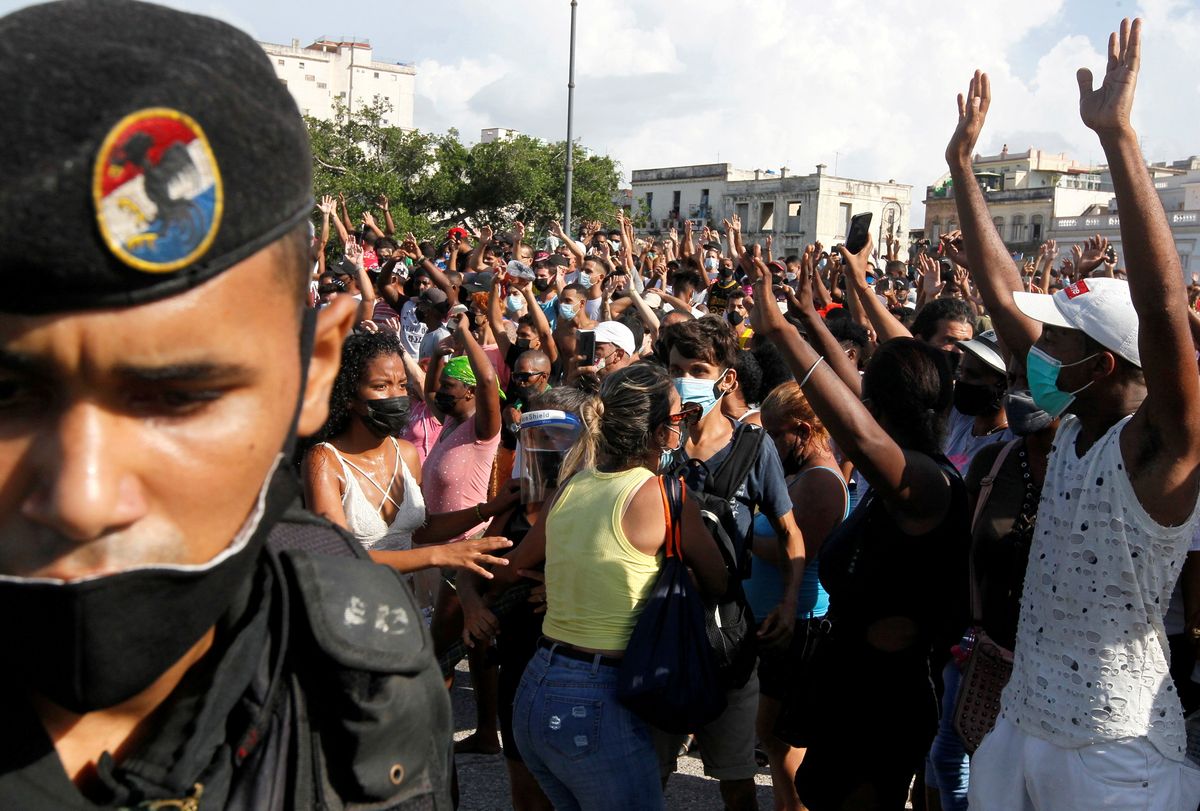
A few minutes every morning is all you need.
Stay up to date on the world's Headlines and Human Stories. It's fun, it's factual, it's fluff-free.
“They’ll have to walk over our dead bodies if they want to take on the revolution,” said Cuban President Miguel Díaz-Canel Bermúdez. “We’re willing to do everything and we’ll be on the streets battling.”
What’s happening in Cuba?
- On July 11, Cubans across the country broke out in protests in the largest display of discontent against the country’s communist government since 1994.
- The protests are mainly due to anger about the island’s economic situation following the pandemic, which cut off income from the country’s tourism sector – the nation’s third-largest source of foreign income.
- The protests are also fueled by an ongoing health crisis, with only around 15% of the Cuban population (11.3 million) fully vaccinated, according to Cuban health officials.
- Protests can be highly dangerous in Cuba, which has a history of squashing dissent with violence.
- “They’ll have to walk over our dead bodies if they want to take on the revolution,” said Cuban President Miguel Díaz-Canel Bermúdez. “We’re willing to do everything and we’ll be on the streets battling.”
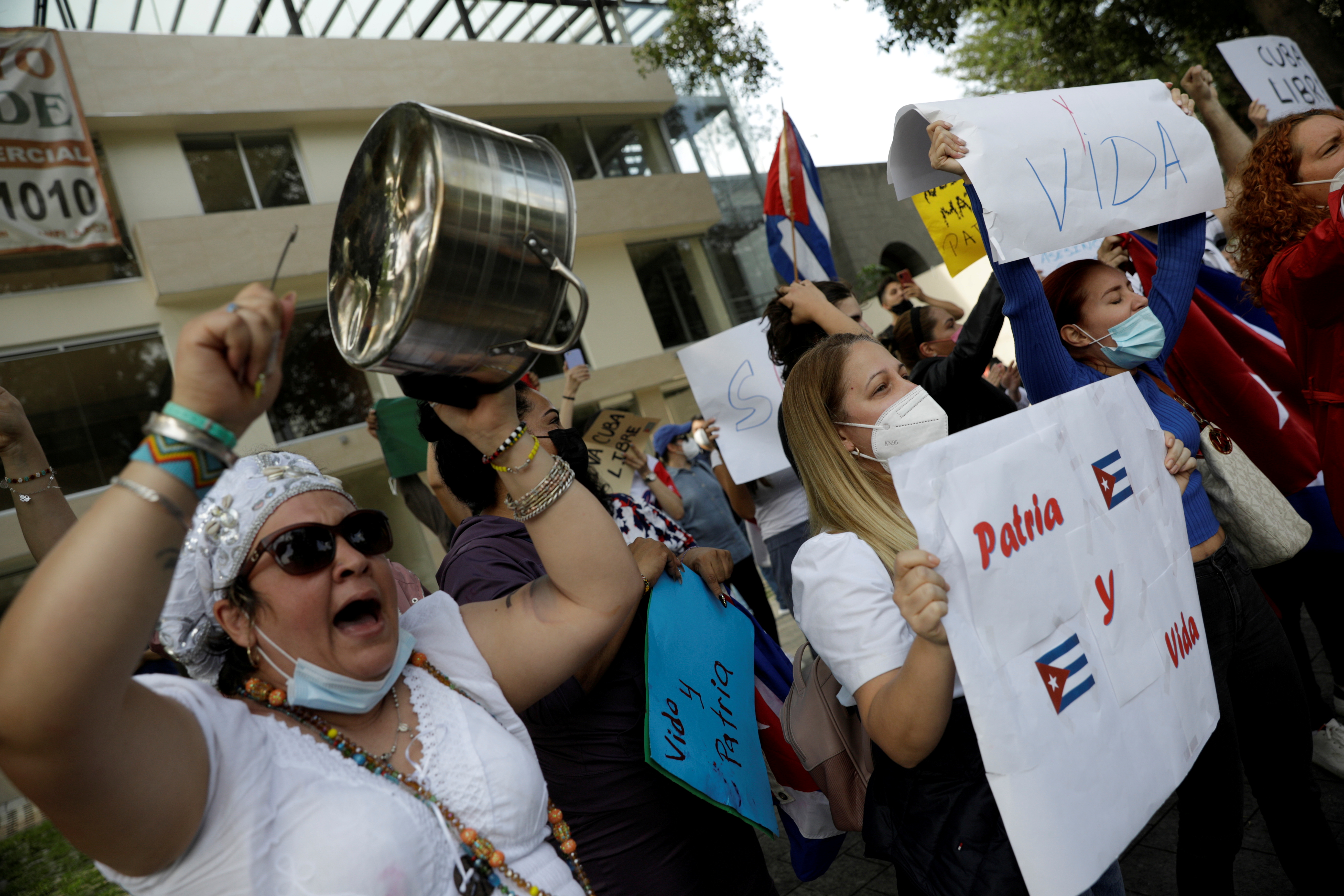
Who does the Cuban government blame?
- Mostly the United States, but President Díaz-Canel did acknowledge that the past few months have been difficult for Cubans, and pleaded with them to be patient.
- But, the Cuban government on every level has blamed Washington for its problems, with a statement from the Cuban foreign ministry saying, “Cubans know perfectly well that the government of the United States is principally responsible for Cuba’s current situation.”
- The government also said that the protesters were “salaried,” and that the entire protest had been orchestrated to evoke a violent reaction from the Cuban government.
Where does this blame stem from?
- This blame largely stems from the US’ economic trade embargo on Cuba, which started under President John F. Kennedy in 1962.
- The embargo essentially bans all but a few different kinds of transactions between the US and Cuba. For example, it would be very difficult for Cubans to sell Cuban cigars to Americans.
- Cigars make up one of the country’s biggest industries and is nationalized, meaning that it’s an industry that belongs to the government.
- Famously, Kennedy sent his head of press to bring him 1,200 Cuban cigars before signing the official order to ban all Cuban imports to the US.
- With that said though, the Cuban government still relies heavily on the US dollar because its own currency is so unstable, using the US dollar to bring in things like food and medicine.
- With the US’ trade embargo, it has made it difficult for Cuba to bring in foreign revenue, but the tourism industry collapse from the pandemic as well as financial mismanagement, have also been major reasons for the recent food and medicine shortage.
How did the US respond?
- Most of the US government’s messaging has focused on supporting the protests, with President Biden saying in a statement, “We stand with the Cuban people and their clarion call for freedom.”
- Biden also called the Cuban government an “authoritarian regime,” which is a big change from the last Democratic President, Barack Obama.
- While president, Obama said he wanted to sweep aside decades of troubles between the two countries and cut loose the “shackles of the past,” by easing some of the restrictions on travel and commercial ventures with Cuba.
- But, original restrictions were eventually put back in place by the Trump administration, which argued that loosening them allowed American dollars to find their way to the repressive Cuban military.
- So far though, there’s a level of agreement from both political parties in the US that the protests are a good thing.
- Former Vice President Mike Pence echoing Biden’s sentiment, saying on Twitter that, “America stands with the oppressed Cuban people assembling for their birthright of #Libertad and America stands for a free and democratic Cuba!”
Will the US intervene?
- It isn’t yet entirely clear what Biden might do in terms of the trade embargo.
- If he were to stay in line with the Obama administration, in which he served as vice president, he would push for lighter or nonexistent sanctions.
- On the other hand, so far Biden has taken a slightly harder line approach to foreign policy than Obama, especially as it relates to China.
What’s next?
- For the protests, there seem to essentially be two different things that could happen. First, a major shift in government could take place, probably by the current president stepping down.
- But that doesn’t seem likely at the moment, with President Díaz-Canel saying that the protests don’t reflect the will of the people, but instead, foreign manipulation.
- The other thing that could happen is that the protests in Cuba could get squashed by force from the military, a path of violence that has a long history in the country.
- Protesters in Florida, whose southernmost tip is only 90 miles from Cuba and also has a high population of Cuban immigrants, have been demanding action from the government to help the people of Cuba out.
- Ultimately, what the US will do depends on what happens in Cuba during this period, and anything said until further developments there is basically just speculation.
Have a tip or story? Get in touch with our reporters at tips@themilsource.com

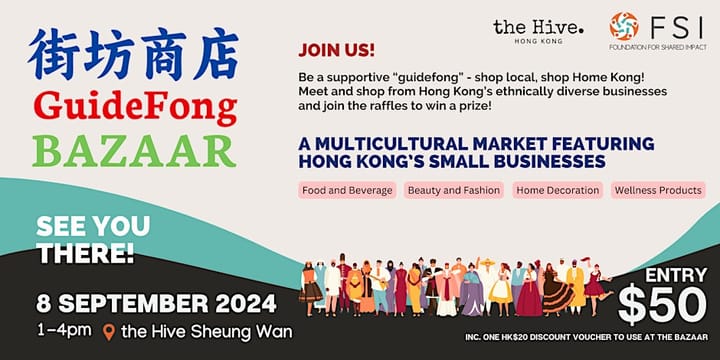
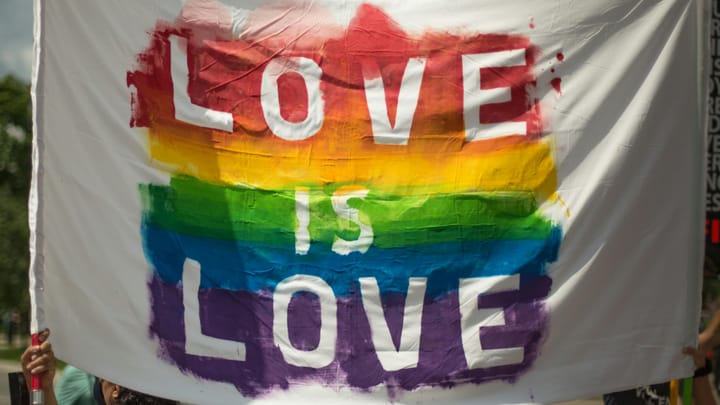
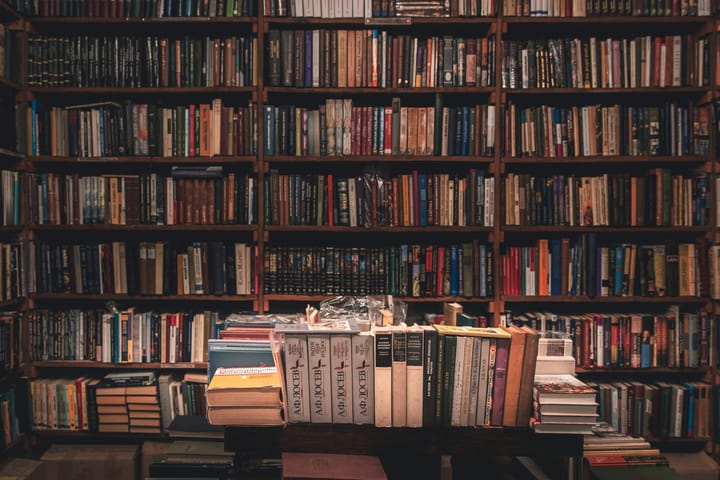
Comments ()